Listening to the Scientists
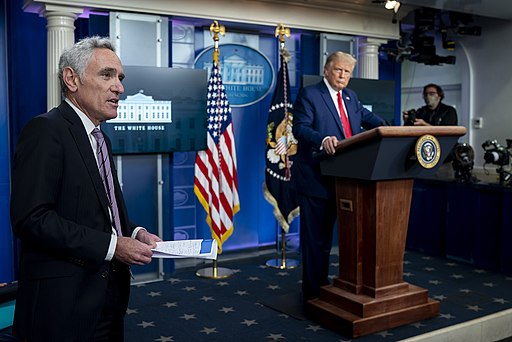
White House medical advisor Dr. Scott Atlas delivers his remarks during a press conference on September 16, 2020, in the James S. Brady Press Briefing Room of the White House. Official White House photo by Tia Dufour.
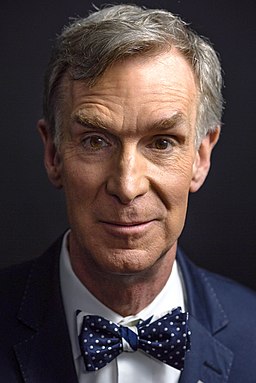
Bill Nye, better known as Bill Nye the Science Guy, at the May, 2017, Montclair Film Festival in Montclair, New Jersey. Photo from the Montclair Film Festival.
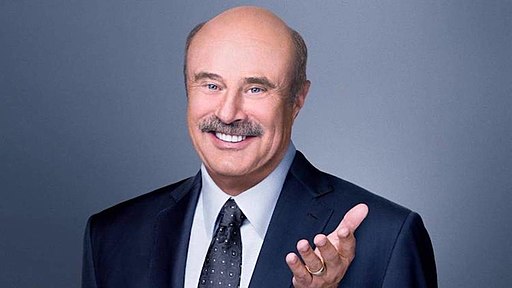
Phil McGraw, better known as Dr. Phil, in a stock photo.
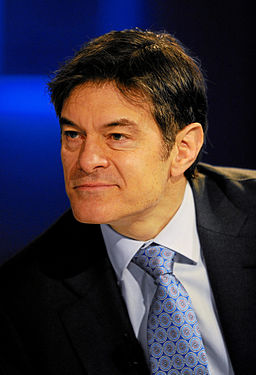
Mehmet Oz, better known as Dr. Oz, at the World Economic Forum in Davos, Switzerland, on January 27, 2012. Photo from World Economic Forum.
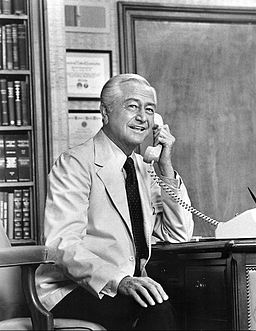
Robert Young as Dr. Marcus Welby in the television program Marcus Welby, M.D.. 1973 publicity photo from ABC Television.
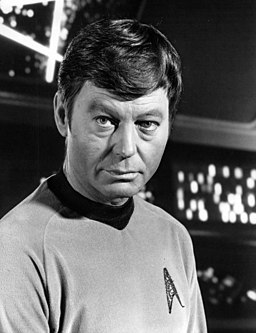
DeForest Kelly as Dr. Leonard ‘Bones” McCoy in the television program Star Trek. 1970 publicity photo from NBC Television.
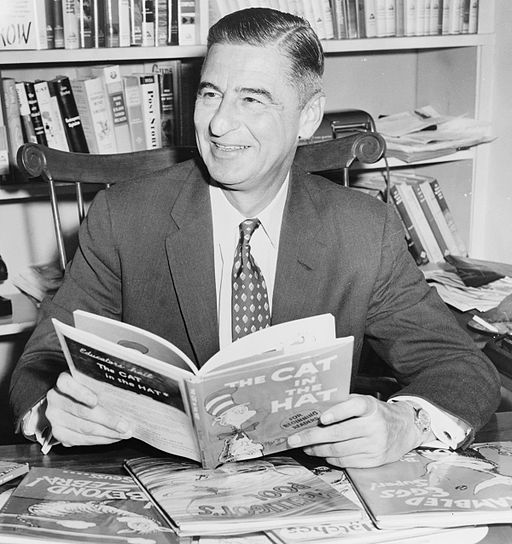
Ted Geisel, better known as Dr. Seuss, seated at a desk covered with his books. 1957 photo by Al Ravenna for the New York World Telegram and Sun newspaper.
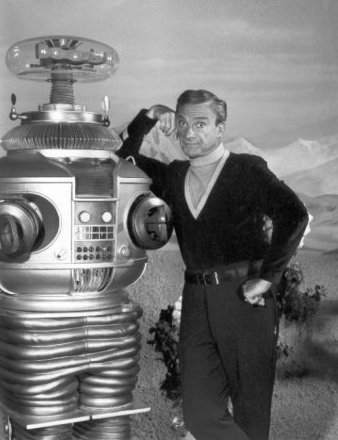
Jonathan Harris as Dr. Zachary Smith poses next to the Robot in the television program Lost in Space. 1967 publicity photo from CBS Television.
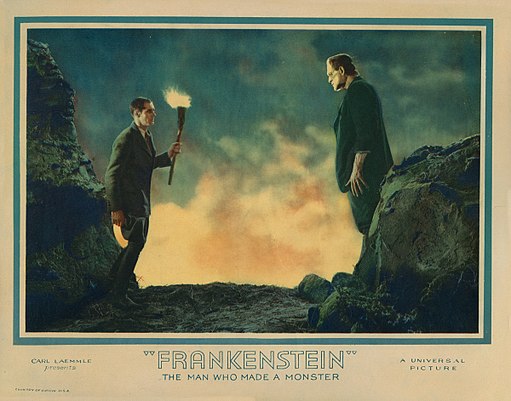
Color lobby card for the 1931 black and white film Frankenstein, directed by James Whale and featuring Colin Clive as Dr. Victor Frankenstein and Boris Karloff as the Monster. Card from Universal Studios.
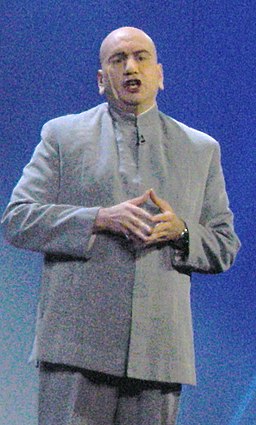
A Dr. Evil impersonator at a Dell Computers presentation in January, 2007. Photo by Flickr user Edans.
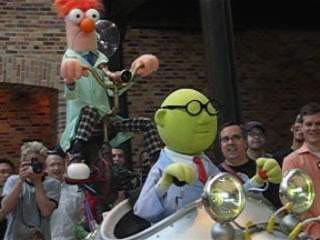
The Muppet Show characters Dr. Bunsen Honeydew and his laboratory assistant, Beaker, at a March, 2007, event for the Muppet Mobile Lab. photo by Flickr user Dawn Endico.
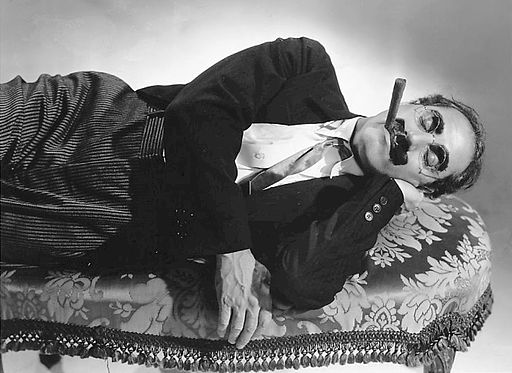
Groucho Marx as Dr. Hugo Z. Hackenbush in the 1937 film A Day at the Races, directed by Sam Wood and starring the Marx Brothers. Publicity photo by Ted Allan for MGM Studios.
In this scene from the 1964 film Dr. Strangelove, directed by Stanley Kubrick, Peter Sellers plays both Dr. Strangelove and President Merkin Muffley, and George C. Scott plays General Buck Turgidson. The current president is not at all like President Muffley in his reasoned assessment of the options available to him in a crisis, but more closely resembles General Turgidson, whose simple-minded grasp of issues is limited to his primal and self-serving interests.
— Techly




